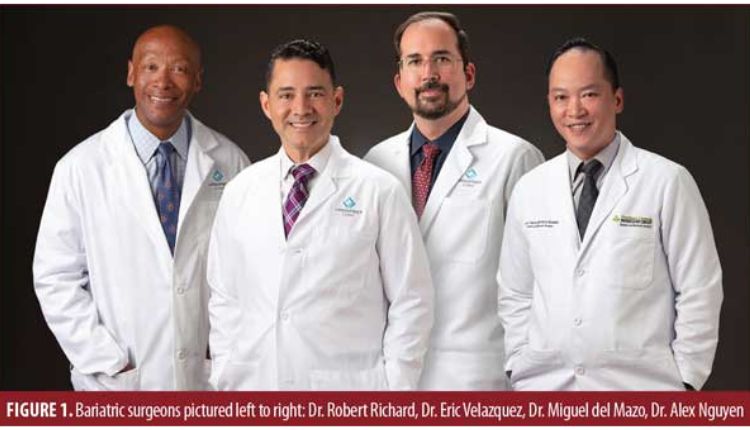Dental partials offered by the NW Albuquerque dentist, are a type of dental prosthesis used to replace missing teeth. Also known as partial dentures, these prostheses are designed to restore the appearance and function of the teeth and can be used to treat a variety of dental conditions.
Read on to explore further dental partials and how they are fabricated and placed to overcome dental flaws.
Table of Contents
What are dental partials?
Dental partials, also known as partial dentures, are prosthetic devices designed to replace one or more missing teeth in the upper or lower jaw. They are custom-made to fit comfortably alongside existing natural teeth, restoring the appearance, function, and oral health of the smile.
Dental partials can be removable or fixed and are typically made from a combination of materials such as metal, acrylic, and ceramic. They are held in place by clasps, hooks, or crowns, and can be used to treat a variety of dental conditions, including tooth loss due to decay, gum disease, injury, or congenital defects. By filling the gaps between teeth, dental partials can improve chewing and speaking abilities, prevent surrounding teeth from shifting, and enhance overall confidence and self-esteem.
Why do dentists recommend dental partials?
Here are the indications for dental partials:
- Missing teeth: One or more teeth missing in the upper or lower jaw.
- Tooth loss due to decay: Teeth lost due to decay or cavities.
- Tooth loss due to gum disease: Teeth lost due to periodontal disease or gum disease.
- Tooth loss due to injury: Teeth lost due to trauma or injury.
- Congenital defects: Missing teeth due to genetic conditions.
- Aesthetic concerns: Unappealing gaps or spaces between teeth.
- Chewing difficulties: Difficulty chewing or biting food.
- Speaking difficulties: Difficulty speaking or pronouncing words.
- Shifting teeth: Teeth shifting or moving due to missing adjacent teeth.
- Bone loss: Bone loss in the jaw due to missing teeth.
- Dental work: Preparation for dental work such as implants or bridges.
- Temporary solution: Temporary solution while waiting for implants or other dental work.
What are the types of dental partials?
There are several types of dental partials, including:
- Removable Partial Dentures (RPDs): These are the most common type of partial denture and can be removed by the patient for cleaning and maintenance.
- Fixed Partial Dentures (FPDs): These are cemented in place and cannot be removed by the patient.
- Implant-Supported Partial Dentures: These are attached to dental implants and offer a more secure and stable solution.
- Resin-Bonded Partial Dentures: These are attached to the surrounding teeth using a resin material.
Do dental partials offer any benefits?
Yes, dental partials offer the following benefits:
- Improved Appearance: Dental partials can restore the appearance of the teeth and smile.
- Improved Function: Dental partials can improve chewing and speaking functions.
- Boosted Confidence: Dental partials can boost self-confidence and self-esteem.
- Prevention of Tooth Movement: Dental partials can prevent surrounding teeth from shifting or moving.
- Improved Oral Health: Dental partials can improve oral health by reducing the risk of tooth decay and gum disease.
What is the procedure for getting dental partials?
The procedure for getting dental partials typically involves the following steps:
- Initial Consultation: Discuss treatment options and expectations with your dentist.
- Impressions: Impressions are taken of the teeth and gums.
- Model Creation: A model is created from the impressions.
- Partial Denture Creation: The partial denture is created from the model.
- Fitting: The partial denture is fitted to the patient’s mouth.
- Adjustments: Adjustments are made to ensure a comfortable and secure fit.
Dental partials are a popular and effective solution for replacing missing teeth. They offer several benefits, including improved appearance, function, and oral health. With proper care and maintenance, dental partials can last for a long time and provide a comfortable and secure solution for patients with missing teeth.
